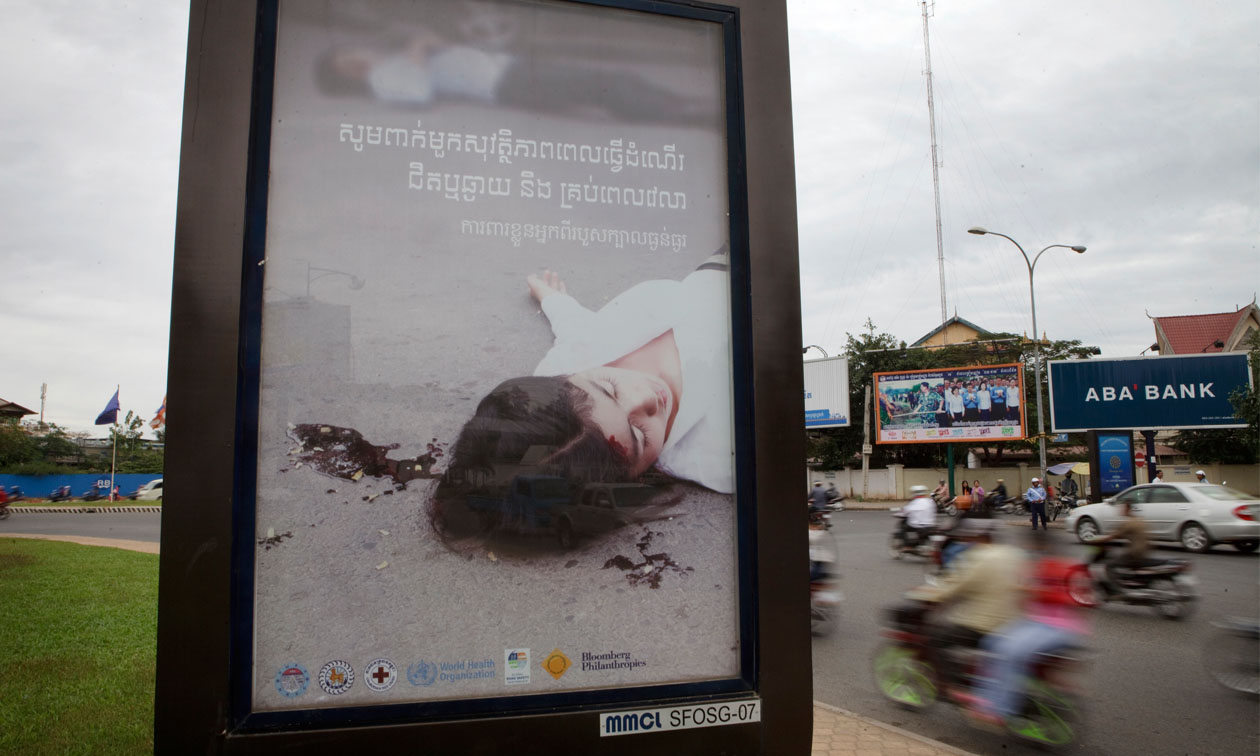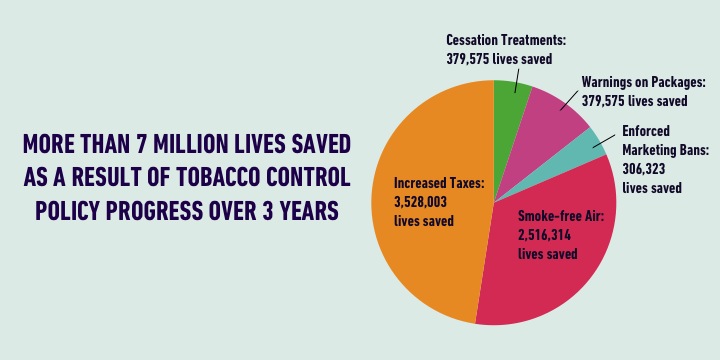Colorado Proposal Would Lead the Nation with New Clean Air Rules
December 12, 2013
By Mark Brownstein, Associate Vice President & Chief Counsel of Environmental Defense Fund’s US Climate and Energy Program
Colorado is in the midst of an oil and gas boom brought about by hydraulic fracturing and horizontal drilling. Proponents of this new development cite economic and environmental benefits, and there’s certainly something to the argument that new natural gas is helping to drive dirty old coal out of Colorado’s energy mix – and the nation’s.
But whatever the benefits may be, there is another side to the story. There is no escaping the fact that oil and gas development is a heavy industrial activity that poses significant risks to public health and the environment. While much can be done by both government and producers to minimize these risks, there are too many communities where intensive oil and gas drilling is taking place where citizens feel like nothing is being done and no one cares. This is precisely why the Environmental Defense Fund (EDF), with support from funders such as Bloomberg Philanthropies, is fighting for stricter rules and tougher enforcement.
Read moreMike Bloomberg’s Groundbreaking Use of Public-Private Partnerships
November 21, 2013
During the Bloomberg Administration, New York City expanded the scope and purpose of private sector collaborations, and improved their effectiveness and management structure, according to a report released today by Freedman Consulting, LLC and Bloomberg Philanthropies at the inaugural Robin Hood Investors Conference in New York City. A dozen non-profit organizations working directly with New York City agencies have raised more than $1.4 billion in philanthropic contributions collectively since 2002.
Read more
Hard-Hitting Road Safety Campaigns Help Save Lives
November 14, 2013
By Elena Altieri, Communications Officer, World Health Organization Department of Violence and Injury Prevention and Disability
In the Indian state of Andhra Pradesh, motorists cited protection from rain, dust, and even being seen transporting a woman other than one’s wife as benefits of wearing a helmet when driving their motorcycle. A few mentioned escaping fines. Sadly, no one mentioned safety. The fact is: wearing a helmet can decrease the risk of injury by 70% and death by 40%.
One pillar of the Bloomberg Philanthropies Global Road Safety Program is the development of evidence-based mass media campaigns designed to change attitudes and behavior towards road safety. Developed after extensive research and testing with target audiences, the Bloomberg Philanthropies Global Road Safety Program has produced and implemented 19 campaigns, totaling 33 television commercials and 17 radio spots, across 10 countries. In Brazil, Cambodia and Mexico, these hard-hitting campaigns were the first ever public campaigns to show realistic and graphic consequences, including injury and death.
Read more
World Polio Day
October 24, 2013
By Tenley E. Albright, MD, Director of MIT Collaborative Initiatives
There is much to celebrate today in the global fight against polio. But our job is not yet complete.
In the 1950s, 33,000 or more Americans were crippled or killed by polio every year. The last known case in the U.S. was in 1979. When I had polio as a child, there was no cure, no treatment – no one even knew what caused it or how it spread – and certainly there were no vaccines.
Read moreCoal on the Decline: 150 Plant Closures and Counting
October 9, 2013
By Michael R. Bloomberg
The Sierra Club, Bloomberg Philanthropies and its partners have reached a big milestone in our campaign to move the United States beyond coal. With the announced retirement of the Brayton Point Power Station in Somerset, Massachusetts, 150 coal plants, or more than 60,000 megawatts, have either already closed or are on schedule to close. During the last two years, action by hundreds of individual communities, in partnership with the Sierra Club and Bloomberg Philanthropies, has led us to this key marker—one plant at a time. Coal is the single largest source of greenhouse gas emissions, accounting for about 40 percent of total U.S. emissions. Retiring much of our existing coal fleet is our best opportunity to lower carbon pollution in the United States. Already, this shift away from coal has helped drive 2012 carbon dioxide emissions in the United States to their lowest level in two decades.
Read moreMike Bloomberg Urges Obama Administration to Avoid a "Colossal Public Health Mistake"
August 23, 2013
In today’s New York Times, Mayor Bloomberg wrote about his disappointment in the Obama Administration’s decision to weaken tobacco control protections in the latest draft of the Trans Pacific Partnership (TPP), a trade agreement currently being negotiated by the President’s team and 11 other Pacific nations. He wrote, in part:
“[T]the Obama administration appears to be on the verge of bowing to pressure from a powerful special-interest group, the tobacco industry, in a move that would be a colossal public health mistake and potentially contribute to the deaths of tens of millions of people around the world.”
Read the entire piece on The New York Times website.
Read more
Would You Smoke These?
August 22, 2013
By Sarah England, Bloomberg Philanthropies Public Health Team
If your answer is “no,” you’re not alone. Research shows shocking images that provoke an emotional response are the most effective at motivating smokers to quit. That’s why Bloomberg Philanthropies and our partners work so hard to push governments to make them mandatory on every tobacco product—especially in countries where smoking rates are highest.
As a result of our efforts and those of countless health advocates, Vietnam and Russia (home to 15 and 60 million adult smokers) recently began enforcing regulations that mandate vivid depictions of the negative effects of tobacco on cigarette packs sold throughout those countries.
Read moreSupporting Uruguay in their Fight Against Big Tobacco
July 18, 2013
By Kelly Henning, Bloomberg Philanthropies Public Health Team
This week, Mike Bloomberg met with Uruguayan Deputy Secretary Canepa, who along with President Mujica and his government are fighting a meritless lawsuit from tobacco giant Philip Morris as a result of the country’s strong anti-tobacco laws. Mike Bloomberg, Bloomberg Philanthropies and our partners stand strongly with the Uruguayan government, and are aiding their legal efforts.
Read more
By the Numbers: New Study Shows Success of Anti-Tobacco Policies
July 1, 2013
By Jennifer Ellis, Bloomberg Philanthropies Public Health Team
As Mike Bloomberg often says, “if you can’t measure it, you can’t manage it.” That’s why I am excited to make public the results of a new study that shows more than 7 million lives have been saved around the world as a result of tobacco control policy progress—and many more lives stand to be saved if we continue to pursue proven tobacco control policies.
The study was conducted by experts at Georgetown University, along with Bloomberg Philanthropies, and is the first to estimate the lives saved as a result of tobacco control policy progress.
The adoption and implementation of evidence-based policies to reduce tobacco use in low- and middle-income countries is the primary goal of the Bloomberg Initiative to Reduce Tobacco Use. With this study, we now have concrete evidence of the success of the MPOWER tobacco control measures as well as the headway the global tobacco control movement made in just three years (2007-2010).
Read moreTransforming the Museum Experience through Mobile Technology
June 20, 2013
By Anita Contini, Bloomberg Philanthropies Arts Team
Visiting a museum and seeing incredible art in person can be a transformative experience. But museum-goers have traditionally faced two barriers to making the most of their museum visits: the challenges of navigating collections and accessing information about its works. Many museums have made significant efforts to address these challenges, including offering curator-led tours and traditional audio guides along with interactive kiosks that facilitate self-guided walkthroughs.
Read more